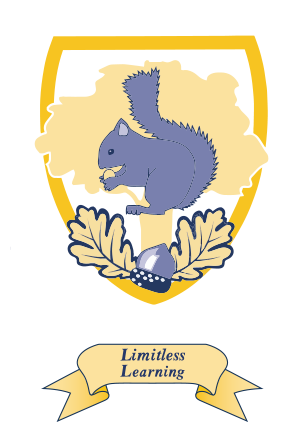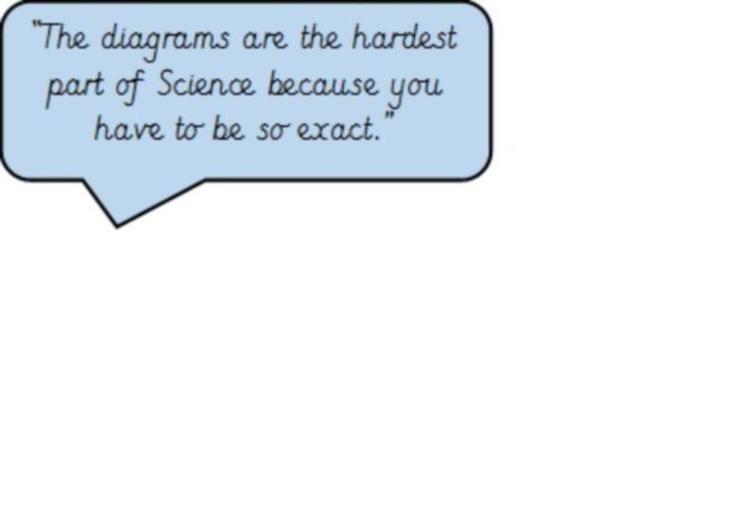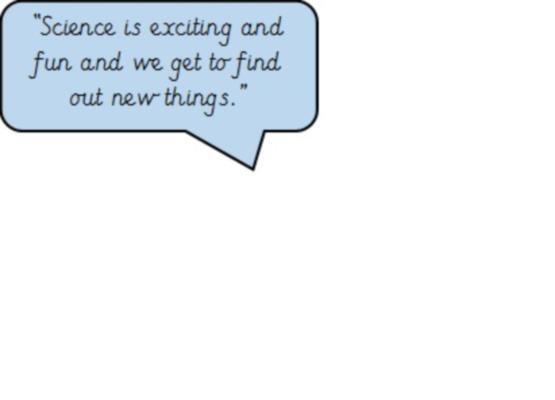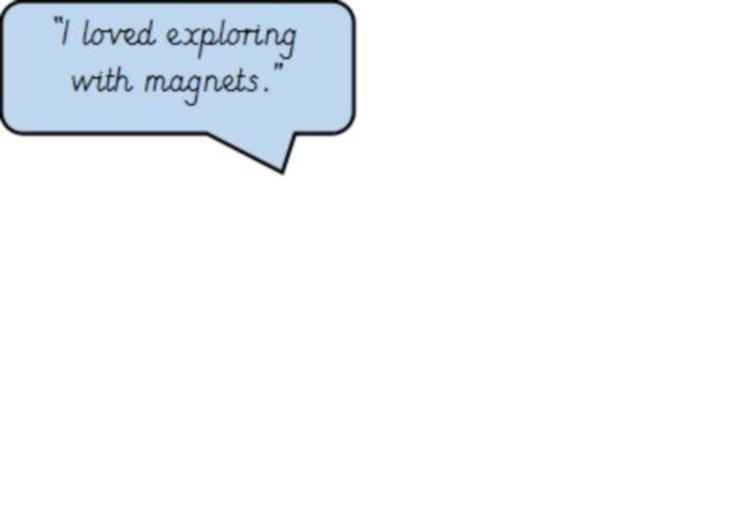Science
Intent
At Ringwood Junior School, our intention is that pupils develop a breadth of scientific knowledge and an understanding of the nature, processes and methods of science, through scientific enquiries. We aim to use practical exploration and investigation activities to cultivate a spirit of enquiry in pupils and to develop their ability to work scientifically, enabling them to identify the evidence that needs gathering, how to gather it and how to analyse it. This will enable pupils to develop the knowledge and skills required to answer scientific questions about the world around them, as well as understanding the uses and implications of science, today and for the future.
Implementation
Science is taught during year group planning time, by a team of 4 teachers who teach science across the school. This helps to ensure consistency and progression in planning, teaching and learning. Pupils receive approximately 2 hours of science teaching per week.
The Primary National Curriculum and Hampshire support materials provide the basis of our science curriculum at RJS. These resources have been used to create a curriculum map for KS2 that builds on KS1 and prepares pupils for KS3. Substantive knowledge for each science project is organised in a Knowledge Planner (for teachers) and a Knowledge Organiser (for students).
To plan successfully we first consider what the children have been taught previously that links to the new project. We plan initial activities to engage that prior learning in the form of retrieval tasks. Teachers can easily assess gaps that need to be re-taught to small groups or whole classes in knowledge building sessions. We use questioning techniques to further draw out prior knowledge and build upon it as a lesson progresses.
Next we devise clear learning objectives that describe what the students should know, understand or be able to do by the end of a lesson. These objectives are organised into a coherent learning journey for each project. The learning objectives for a lesson focus on two key areas of science:
- Substantive Knowledge: Key science ideas and concepts
- Enquiry Skills: Skills related to working scientifically
Our learning objectives are written in clear and simple language. They put the lesson in context, letting the students understand how what they will be doing fits in with the bigger picture. Usually learning objectives are displayed at the start of a lesson and explained to the students. However, at times it is prudent to not share the detailed learning objective at the start of a science lesson, especially if we are doing practical work and want the students to discover something for themselves.
Alongside our learning journeys we consider subject specific vocabulary linked to each project. The vocabulary is collated onto a dual-coding bookmark that the students use to support them in using scientific language in their written work.
Interesting, relevant and varied activities that link to the student’s own experiences are planned to allow students to demonstrate that they have met learning objectives. Through strong explanations, effective success criteria and the use of WAGOLLs it is made clear to students what they are expected to do and what good quality work will look like. The criteria is a scaffold for the children’s learning (both for support and for challenge), and is used as the basis for reflection, feedback and self-assessment activities.
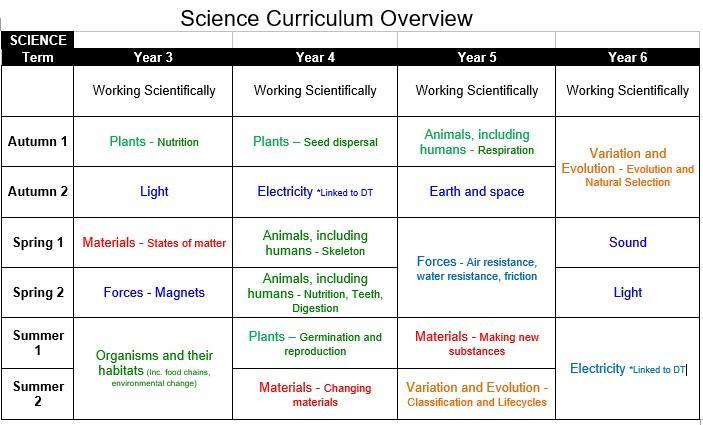
Impact
Teachers assess continuously to check understanding and to ensure that pupils remain on track. Assessment tasks, knowledge quizzes and retrieval opportunities support the assessment of pupils’ knowledge.
Assessment tasks are embedded in planning. Some projects follow a linear path with each lesson building on the previous allowing for a summative assessment activity at the end. Other projects require several assessment activities to assess different areas of learning within the project. Plans contain clear assessment criteria to support teachers with their judgements. Teachers are required to record their judgements at the end of each project, with a final judgement at the end of the year.
Pupils achieve highly in science, across the school. Teachers know the pupils well, provide additional support where needed, have a good understanding of science across Key Stage 2, work hard producing and improving planning and show excellent knowledge and enthusiasm in their teaching.
Pupil conferencing, informal feedback from pupils and parent feedback at parents evenings, shows science to be a subject that pupils enjoy and look forward to each week. Pupils particularly enjoy the many opportunities for practical, investigative science and outdoor learning.
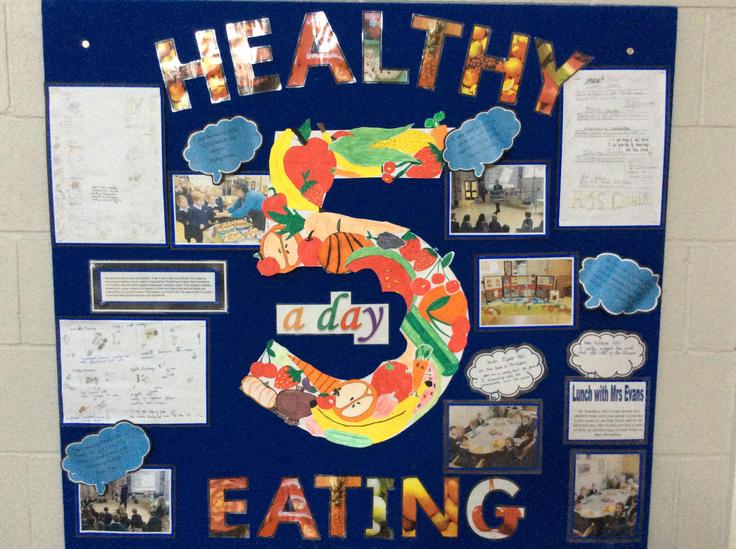
A healthy eating display to accompany our Year 4 Nutrition unit
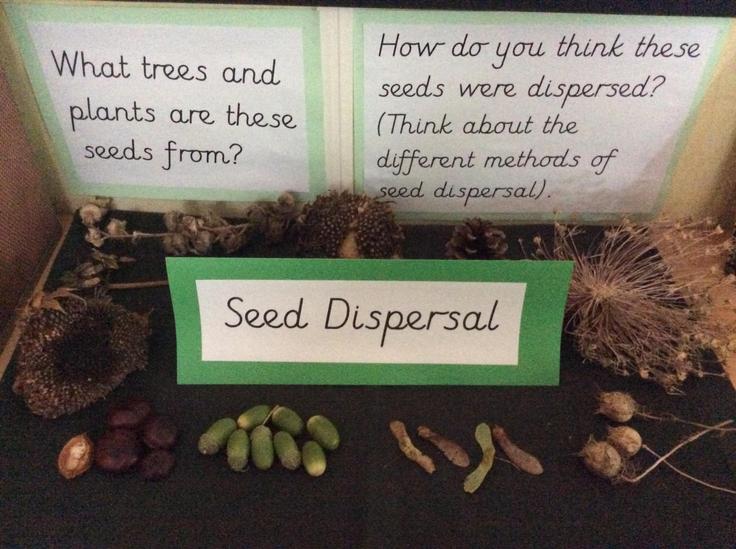
An interactive seed dispersal display to support our Year 4 Plants unit
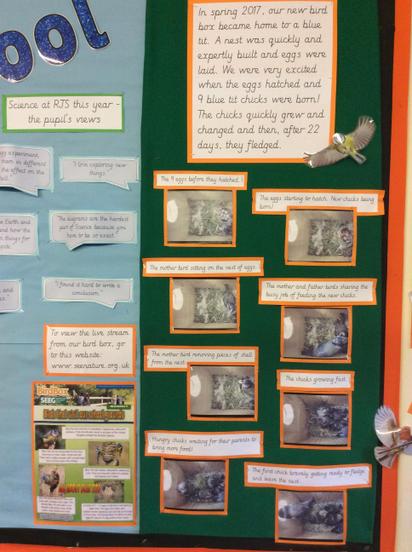
Our bird box display tracks the progress of this year’s chicks
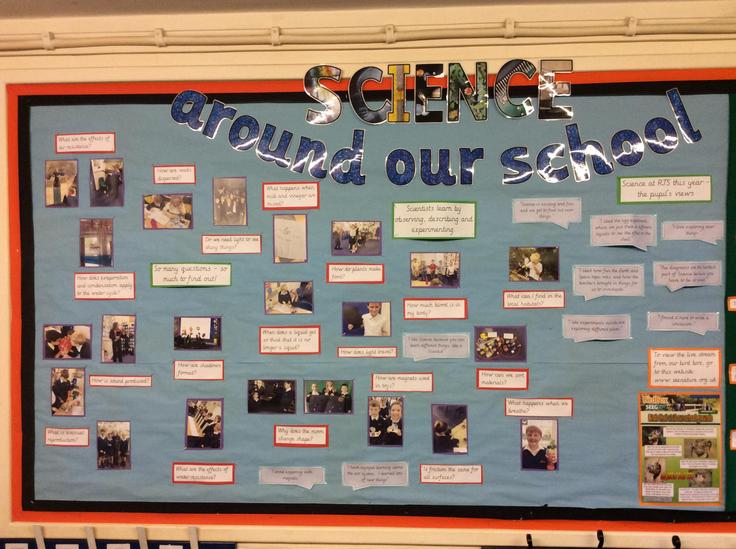
A whole school Science display to show case the excellent learning in our school, accompanied by pupil views
|
|
|
|
|
|
